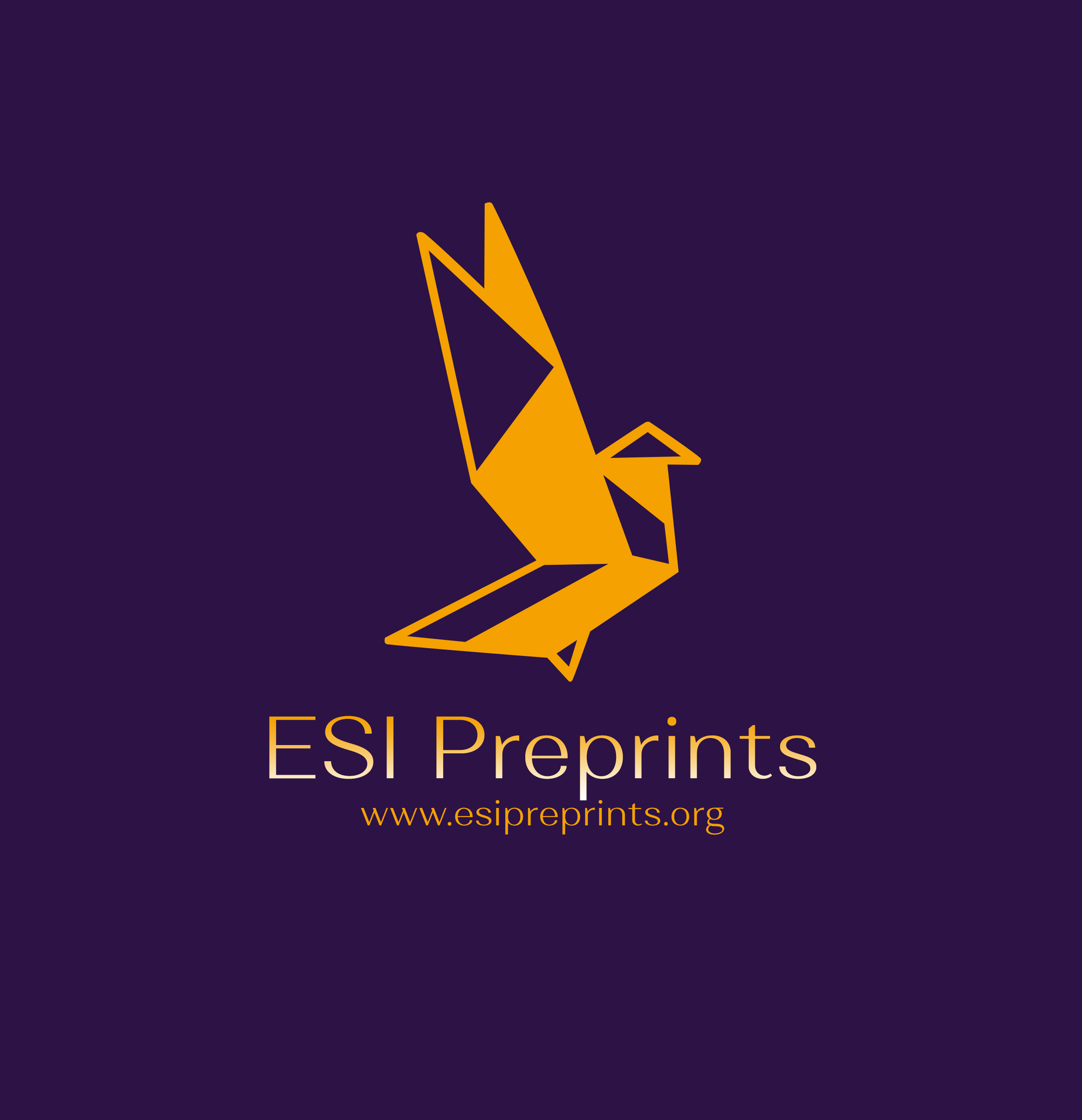Shakespeare’s Timeless Legacy: Insights Into Enduring Market-Product Interactions Across Centuries
Abstract
Shakespeare's enduring legacy is a testament to his unparalleled ability to engage audiences, a skill evident even during the Bubonic Plague of 1593 when his comedies alleviated societal distress. This article examines how Shakespeare's strategies have continued to shape market-product interactions, influencing adaptations by British authorities and technological advancements by private enterprises. From the adoption of automatic printing to the transition to digital e-books, and the transformation of plays into movies, television, animation, and interactive games, Shakespearean works have consistently evolved to meet changing consumer preferences. This study aims to provide insights for creating effective product marketing strategies using generative Artificial Intelligence, drawing lessons from the enduring popularity and adaptability of Shakespeare's works.
Downloads
References
2. Campo, Kim Tucker, Mixed Reality Games Brings 16th-Century Literature to the Modern Age, https://www:nyit.edu, April 23, 2021
3. Crompton, Sarah; Macbeth with James McArdle and Saorise Ronan review_a sensational Scottish play at the Almeida, https//www:whatsonstage.com, 14 October 2021
4. Estill, Babara, List of settings for Shakespeare’s plays, https://www: folgerpedia,folger.edu, Retrieved May 22, 2023.
5. ICO, Digital service provider, https://www:ico.org.uk, Retrieved April 12, 2022
6. Infield, Niel, How much is William Shakespeare worth today?,https://www: blogs.bl.U.K., 09 June 2016
7. Kennedy, James, 10 Shakespearean Games, https://www:thegamer.com, March 6, 2022
8. Kennedy, R.B.,ed., William Shakespeare, The Merchant of Venice, HarperCollinPublisher, 2013, p.xiv.
9. Lamoureux, Sarah, 5 Movies You Don’t Know Where Inspired by Shakespeare, https://www;theatrecagary.com, April 21, 2021
10. Lynch, Kevin, William Shakespeare: Ten startling Great Bard-themed world records, https://www:guinnessworldrecords.com, 23 April 2014.
11. Lynch, Kevin, ibid
12. National Portrait Gallery (NPG), An introduction to copyright, https://www:npg.org.uk, Retrieved September 9, 2023.
13. Reed, Jennifer, (Narrative), How Did Shakespeare Get So Popular?, https://www:shakespeare.org,uk., Retrieved October 26, 2021
14. Seattle Shakespeare, Who were the people? Audience in Shakespeare’s Day,
https//:www:seattleshakespeare.org, Retrieved October 18, 2021
15. Smith, Andrea, Radio Production of Shakespeare’s Plays, https//www:britishshakespeare.ws, 4th April 2022
16. Stack Exchange Inc., How were plays in Shakespeare time advertised?, https//www:literature.stackexchange.com, Modified August 2022.
17. Steinbach, Susie; Victorian Era, historical period, United Kingdom, https://www:britanica.com (Last updated, Sept. 15, 2023)
18. Thapa, Shaurya, 10 Best Non-English Shakespeare Film Adaptation, https//www:screenrant.com, March 22, 2021
19. The Royal Household, Queen Elizabeth I (r.1558-1603), https//www:royal.uk, Retrieved May 25, 2023.
20. Thurston, Missie, How Educational Entertainment Creates Behavior Change for Good, https://www:info.populationmedia.org, May 28, 2020
21. Wells, Stanley; Television Shakespeare, https://www:jstor.org/stable/2869732, 1982, or https://doi.org/10.2307/2869732
22. Young, Robin; Allison Hagen, ‘He Didn’t Flee’: Shakespeare And The Plague, https://www:wbur.com, April 06, 2020.
Copyright (c) 2024 Thaweesakdhi Suvagondha

This work is licensed under a Creative Commons Attribution 4.0 International License.








